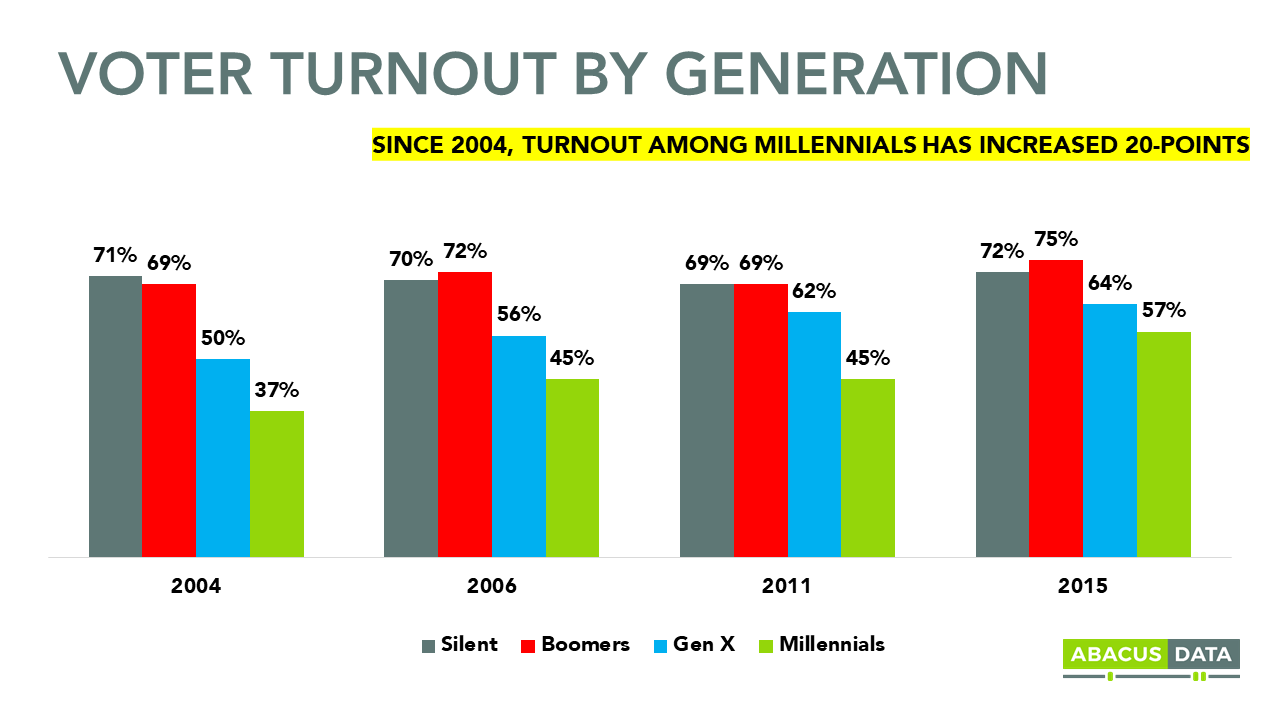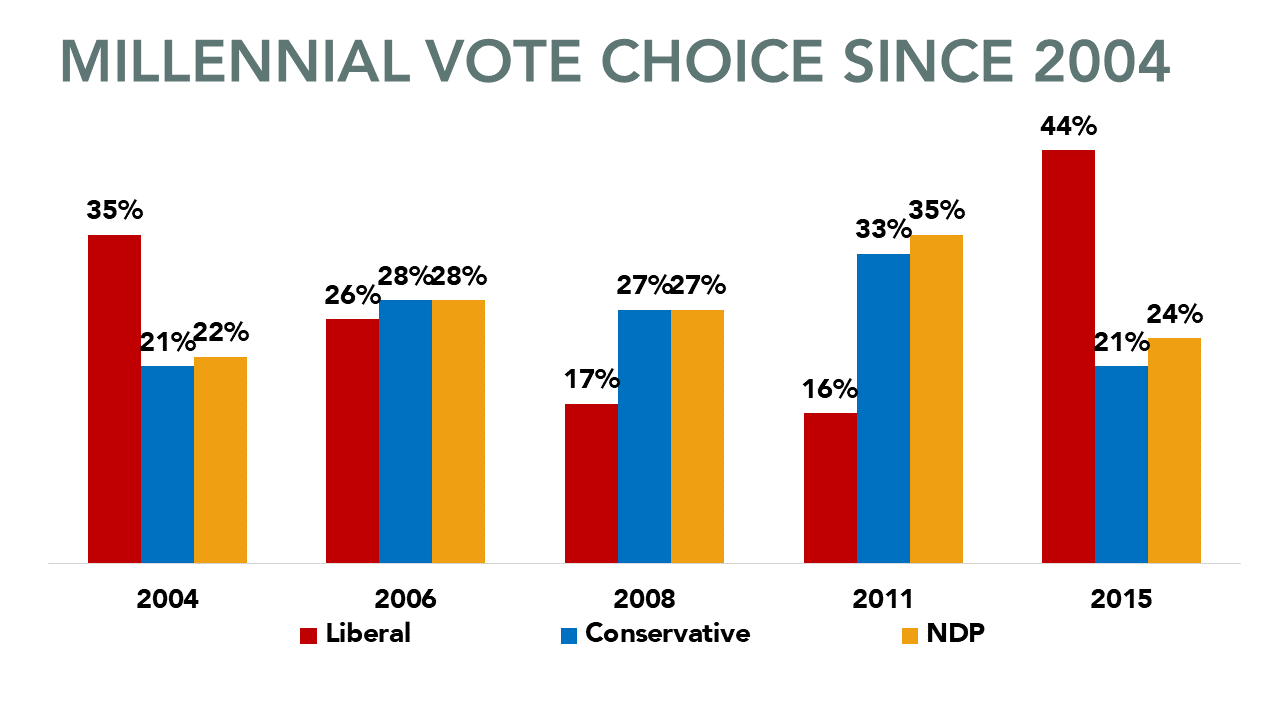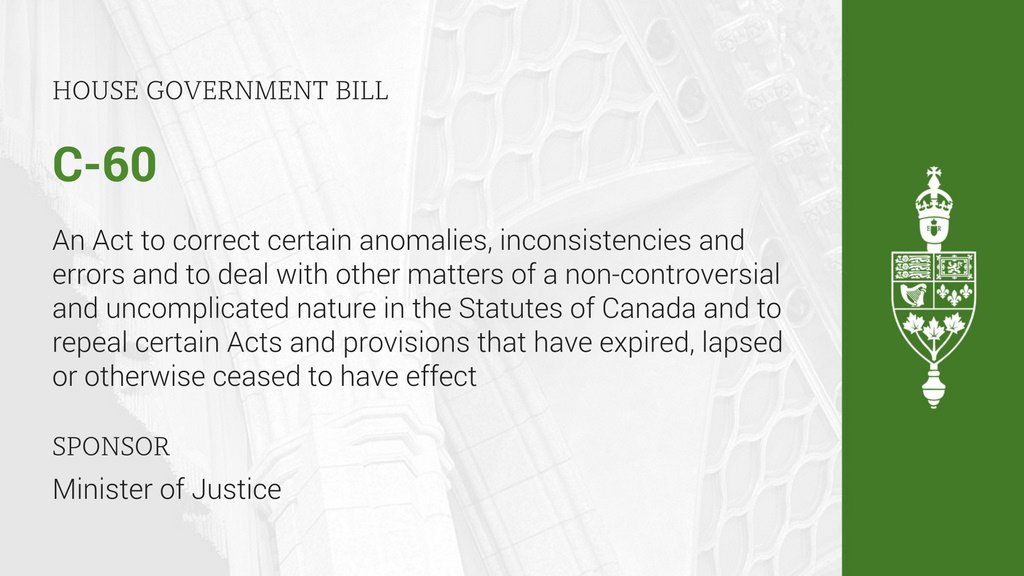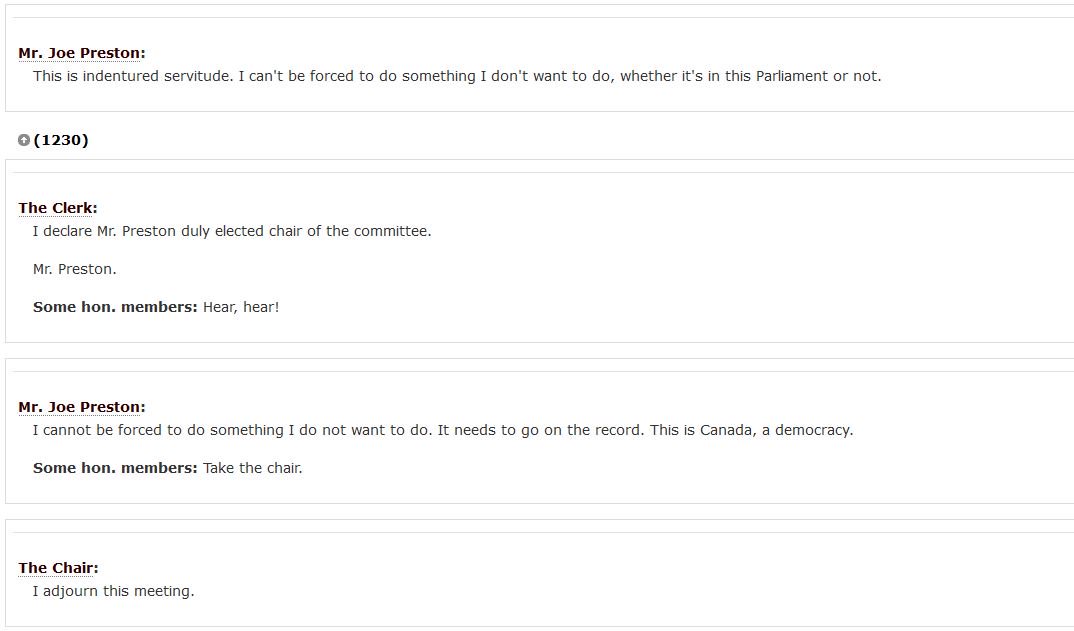The first few I agree with, though I imagine that it's always a challenge to get more money for everything. And I'm sure that CRA, who have already been looking for ways to go after tax avoiders and cheats, will start looking at housing the more stories like that pop up.
I honestly barely understand capital gains taxes, but from what little I know, I can't imagine real estate owners -- particularly smaller landlords -- would be too happy about 100% taxes. It'd certainly lower the cost of housing, but I can't see there being any political will for a 100% tax.
The only thing I'm opposed to is taking CMHC out of mortgage insurance. I feel like keeping the government involves make it easier to dictate the terms of rules surrounding who gets mortgages. If it's off-loaded to the banks, they might be more strict...or they might be even more lenient, since we've seen south of the border what happens when you loosen mortgage rules. Different country, different banking regulations, but still -- I can see the argument for keeping it public, rather than not.
Without a doubt an increase on capital gains is political poison. I've never seen a politician propose the idea! It's a good idea from a policy wonk point of view, but an opposing politician would criticize the idea as a massive tax increase (even though it'd only really affect the top 10-5% of income earners). Maybe if the housing bull run collapses there would be a narrow period of time where this could be seriously considered. I think however this is the sort of thing where a left of centre party should be advocating for it. Even if it's not seriously considered, it's dragging the Overton window over and entering the idea into conversation.
There could be some benefits to keeping CMHC in mortgage insurance in terms of increased control on banks. I don't know. I do know that the status quo system is designed to keep interest rates low, but this in effect increases demand, which results in high house prices. The big banks take out portfolio insurance with the CMHC, and since risk is borne by the government, the bank's risk is significantly decreased and they're free to lend out more and with lower rates. If the CMHC was not handing out portfolio insurance, then the banks would have all the risk, and you'd see significantly higher interest rates, less homebuyers, and lower prices. The other problem here is that in a situation where many people are defaulting the government (and renter taxpayers) is the one holding the bag, not the banks.
If the government keeps the CMHC in mortgage insurance, then the best path forward would be to continue to tighten the rules on bank lending further. The Liberal government already has done this once, which I've said before is one of the best things this new government has done to date.
Unfortunately it looks like the CMHC is exploring ways of loosening the rules for immigrants and entrepreneurs that currently can have some trouble getting mortgages. This sounds like a good and fair idea, but once again it's tax payers that are being asked to take on more risk to support this, and it raises the question as to why tax payers, many of whom will never be able to afford a downpayment, are seeing their money go toward subsidizing a richer person to buy housing.
This example is quite interesting because it shows what a mortgage market could look like without the CMHC. Currently persons with zero credit history such as new immigrants that are rejected by the banks have to get private mortgages from Mortgage Investment Companies. These companies charge double digit interest rates because of the high risk. Obviously that's pretty unaffordable, so the amount of people that would be interested in that is low. If the CMHC and the government started to backstopping this risk, then interest rates would be lower, there would be more demand for these cheaper mortgages, and there'd be more people in the market bidding up house prices.








